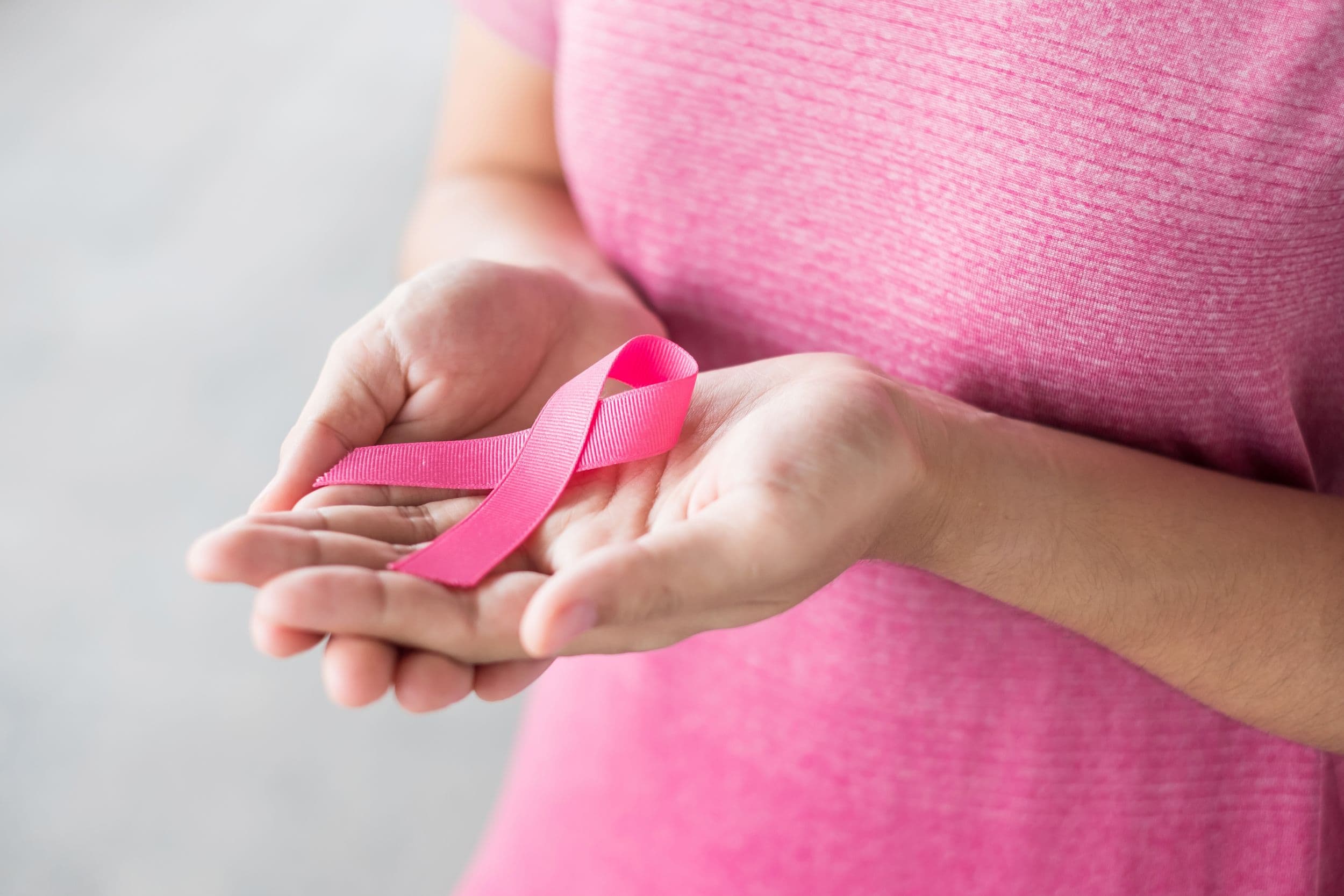Breast Cancer Treatment
Cancer
Obie Editorial Team

Women who have been diagnosed with breast cancer have a number of treatment options. One treatment that is recommended for one patient may not be the best treatment for another patient.
The most common breast cancer treatment options include surgery, hormone therapy, chemotherapy, radiation therapy, and targeted therapy. A woman may also be prescribed several types of treatment to be used in combination.
Surgery and radiation therapy are local therapies used to destroy or remove breast cancer completely from breast tissue. Chemotherapy, hormone therapy, and targeted therapy are systemic therapies that use intravenous drugs to control or destroy cancer that has spread throughout the body.
The treatment prescribed for breast cancer will depend upon the following factors:
- The stage and type of the cancer.
- If the cancer is hormone-sensitive.
- If the cancer overproduces the HER2/neu gene.
Breast Cancer Treatment: Where to Begin
Surgery is the most common treatment used for breast cancer and may include:
- Breast-Sparing Surgery: This operation will remove breast cancer but not breast tissue. It is often called breast conservation surgery and can be performed as a segmental mastectomy or lumpectomy.
- Mastectomy: This is a surgery that will remove an entire breast or the majority of the breast tissue.
If a woman has a mastectomy, she can undergo breast reconstruction. This is a plastic surgery procedure that rebuilds the natural breast shape. Breast reconstruction can be done at the same time as a mastectomy or in a separate surgical procedure.
Breast Cancer Treatment Outcome
With the many advanced treatments for breast cancer available today, men and women with breast cancer are living longer than ever before. But even with medical treatment, breast cancer still has the potential to spread throughout the body. In some cases, cancer can return even after a tumor has been removed and lymph nodes are diagnosed as cancer-free.
The recovery after breast cancer will depend upon the following factors:
- Where the tumor is located and how far it has spread.
- If the tumor is hormone receptor-positive or -negative.
- Tumor markers, including the HER2 gene.
- Tumor size and shape.
- Gene expression.
- Rate of cell division and tumor growth.
Breast Cancer Prevention
Women who have a high risk of breast cancer may consider a preventative mastectomy. This surgery will remove the breasts before the diagnosis of breast cancer. Women who are eligible for the surgery include women who have already had one breast removed due to breast cancer, women with a strong family history of breast cancer, and women with genetic mutations that increase their risk of breast cancer.
Although genetic factors and family history cannot be controlled, making lifestyle changes may help to reduce the risk of breast cancer. The American Cancer Society recommends a well-balanced diet that includes:
- Smaller portion sizes to maintain a healthy weight.
- Whole grains as opposed to refined grains.
- Five or more servings of fruits and vegetables per day.
- Limited processed foods and red meat in the diet.
- Limited alcohol consumption - no more than one drink per day.
| Cancer | Causes and Risks | Symptoms | Diagnosis | Treatment |
| Endometrial Cancer | Introduction: Causes and Risk Factors | Symptoms | Diagnosis and Staging | Treatment |
| Cervical Cancer | Introduction: Causes and Risk Factors | Symptoms | Diagnosis and Staging | Treatment |
| Ovarian Cancer | Introduction: Causes and Risk Factors | Symptoms | Diagnosis and Staging | Treatment |
| Breast Cancer | Introduction: Causes and Risk Factors | Symptoms | Diagnosis and Staging | Treatment |
| Colon Cancer | Introduction: Causes and Risk Factors | Symptoms | Diagnosis and Staging | Treatment |
Source: "Breast cancer - PubMed Health." National Center for Biotechnology Information. N.p., n.d. Web. 10 Oct. 2011.







